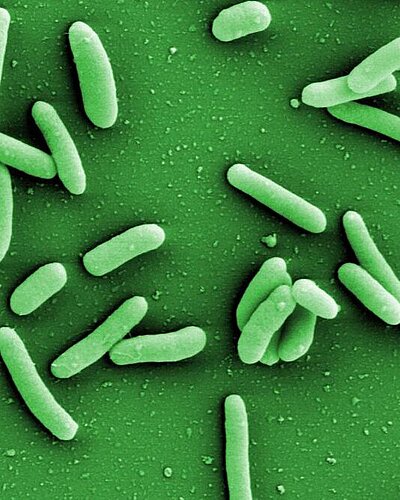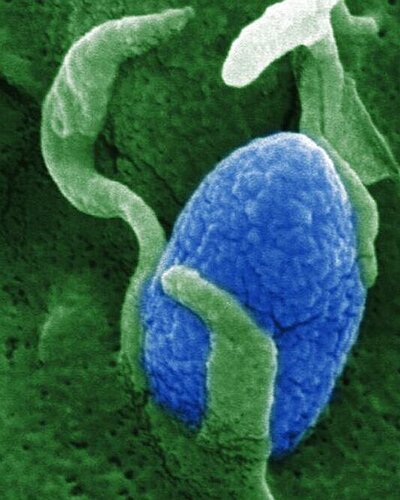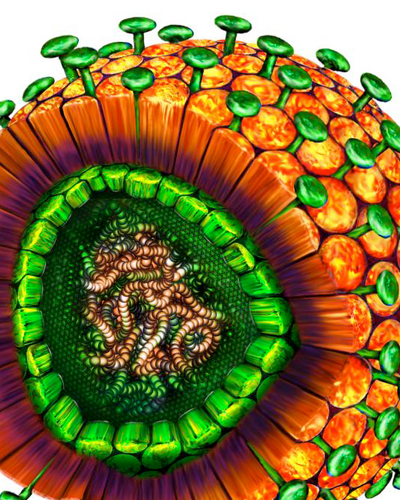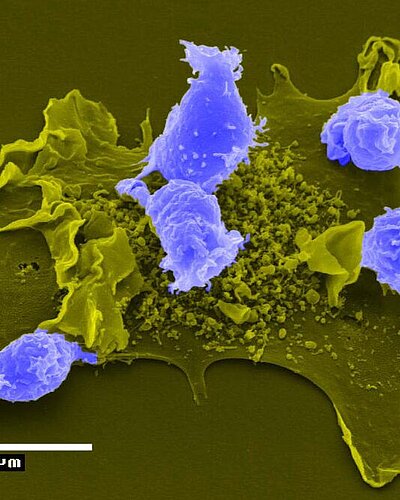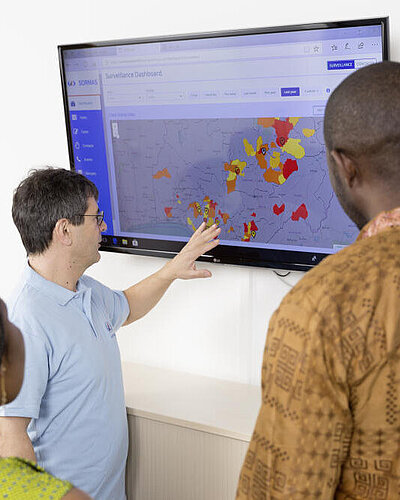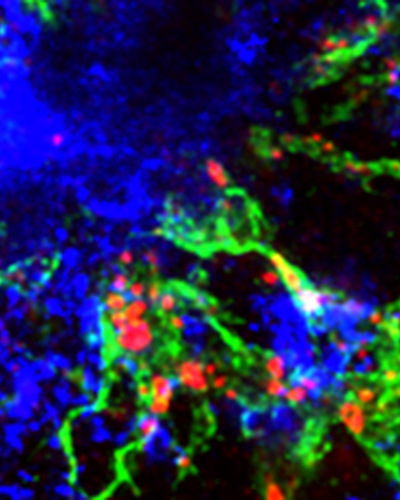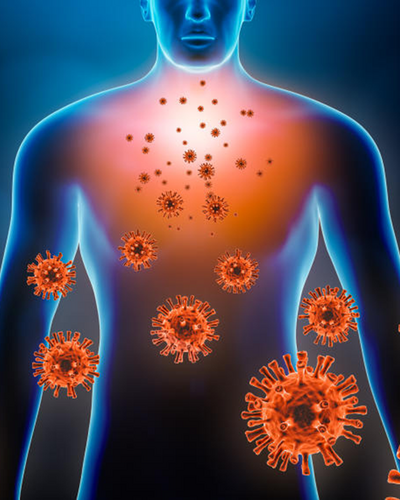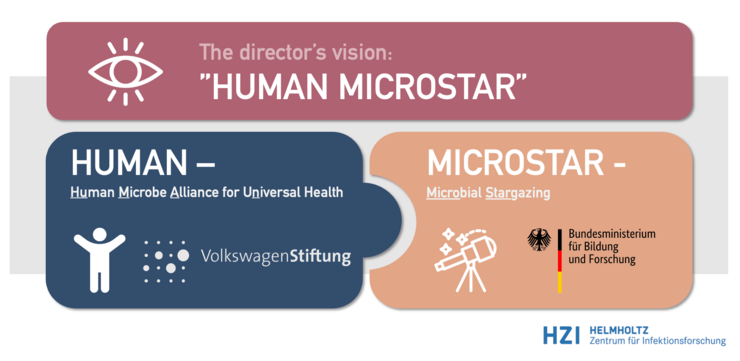Our Research Program
At HZI, we are committed to combating the growing threats posed by bacterial and viral pathogens through cutting-edge research. By deepening our understanding of how pathogens interact with their hosts, our scientists are developing innovative diagnostics, preventive measures, and treatment strategies.
Our program "Infection Research" is built around three interconnected research topics, each addressing key aspects of infection biology and therapeutic solutions:
- Bacterial and Viral Pathogens (Topic 1)
- Immune Response and Interventions (Topic 2)
- Novel Anti-Infectives (Topic 3)
These topics are deeply intertwined, fostering collaboration across disciplines. Experts from diverse fields work together to solve pressing clinical and societal challenges, accelerating the translation of scientific discoveries into real-world solutions.
Together with guest scientists from all over the world, our researchers use advanced laboratory techniques to observe pathogens and immune cells in action. They analyze how pathogens invade host cells and develop strategies to block or neutralize these mechanisms. By exploring natural substances, synthetic compounds, and new intervention methods, they aim to prevent infections or even cure them. Our work spans from molecular studies and infection modeling in cell cultures and mice, to computer simulations, patient studies, and population-based analyses—all with the goal of improving global health.
This research is supported by state-of-the-art research facilities, providing our scientists at HZI and the larger infection research community with access to cutting-edge technologies.
Bacterial and Viral Pathogens
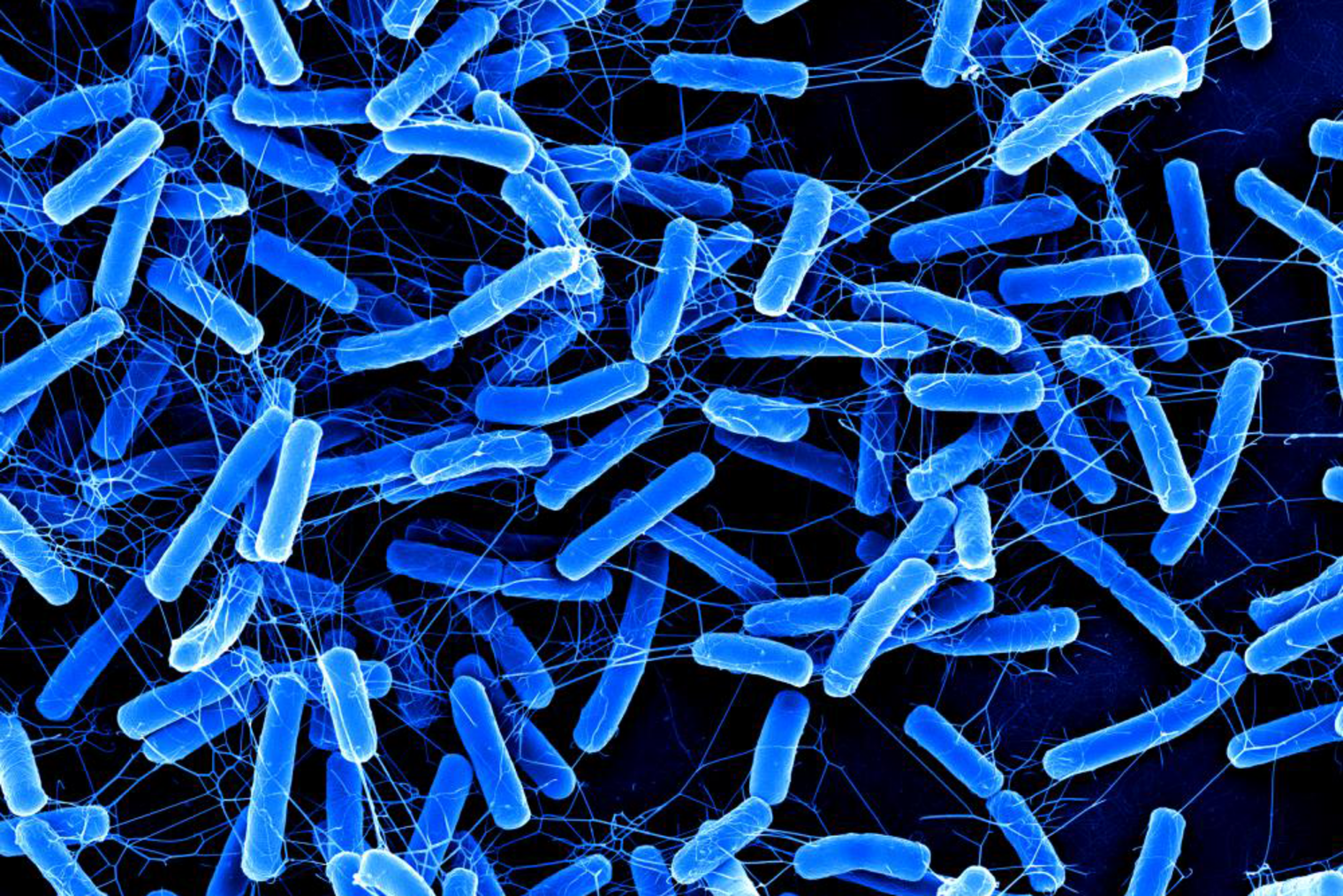
The Topic "Bacterial and Viral Pathogens" focuses on the role of pathogenic bacteria and viruses in infectious disease processes. Scientists in this Topic study pathogens and their dynamic interplay with the host. They aim to understand the molecular bases of virulence, persistence and resistance, and to determine risk factors for the spread of diseases. They identify structures and mechanisms enabling pathogens to infect the host in order to identify promising targets for new therapies and new ways of diagnosis. To this end, they pursue a broad range of research approaches and use comprehensive profiling technologies as well as data analysis techniques to dissect pathogen features relevant for virulence and resistance. Furthermore, Topic 1 implements novel mobile health surveillance systems for rapid outbreak response and takes advantage of the German National Cohort (GNC) to investigate associations between infections and non-communicable diseases.
Topic Speaker: Prof Chase Beisel
Deputy Speaker: Prof Wulf Blankenfeldt
Immune Response and Interventions
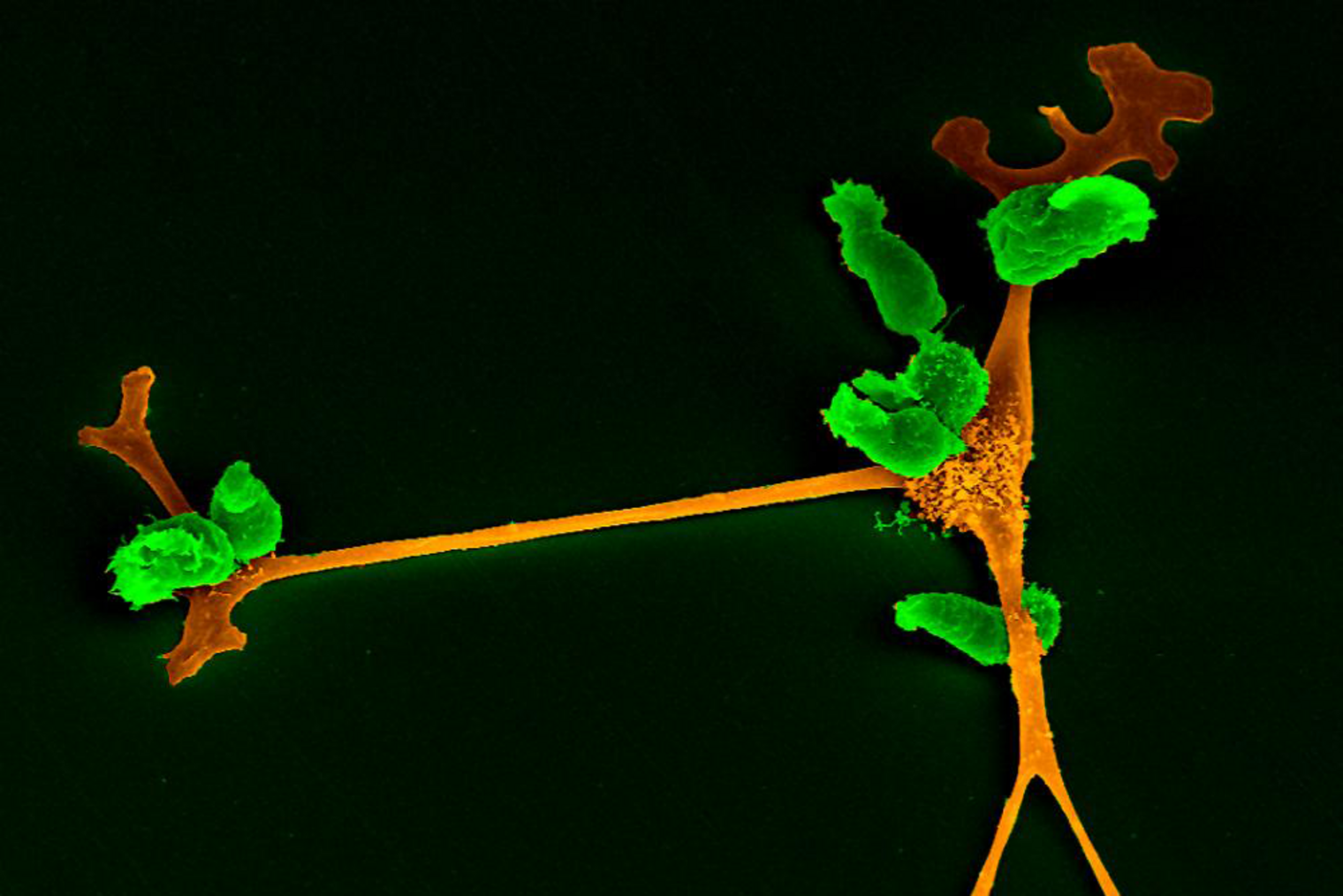
The focus of Topic "Immune Response and Interventions" is the response of the immune system to infections. Scientists in this Topic study the recognition of bacteria and viruses by the immune system, the reasons for individual susceptibility towards infections and the mechanisms pathogens use to circumvent the host’s immune system. They explore the immune system’s ageing, the influence of microbial communities in the body on the course of infections and the impact of infections on neurodegenerative diseases. These activities span the range from fundamental studies in cells and in animal models, up to human studies performed in cooperation with clinical partners using patient and population cohorts. The insights gained serve as the basis for new immune-focused strategies for prevention, e.g. by vaccination, and for the treatment of infectious diseases.
Topic Speaker: Prof Yang Li
Deputy Speaker: Prof Luka Cicin-Sain
In the Topic "Novel Anti-Infectives", researchers are discovering and developing new drugs against infectious diseases. Drug research at HZI is concentrating in particular on natural products – substances that are produced by organisms like bacteria and fungi in great variety. Some of these compounds have medical effects. At HZI, interdisciplinary teams of leading experts with both academic and industry backgrounds develop innovative methods to identify, characterize and improve natural products which could be used against bacteria and viruses. By means of medicinal chemistry, they optimize these compounds as well as small molecules chemically and pharmaceutically to make them suitable for the application as drugs. In cooperation with industrial partners, the substances are then further developed towards clinical trials and finally use in patients. Furthermore, scientists establish new technologies to ensure the safe and effective delivery of the drug to the site where it is needed, as for example the infected organ, tissue or cell.
Topic Speaker: Prof Anna Hirsch
Deputy Speaker: Prof Mark Brönstrup
HUMAN MICROSTAR
The implementation and combination of the new programs, HUMAN and MICROSTAR, form a holistic and multi-faceted strategy with the potential to provide groundbreaking insights and new solutions for human health in the context of its microbial environment.
The long-term goal is to develop new and innovative medicines and novel technologies to address the global health challenges of today and tomorrow. As part of MICROSTAR and HUMAN, up to 20 new working groups, junior research groups and technology groups will be established at the HZI over the coming years, additional clinician-scientists will be recruited and research support services will be significantly expanded.


